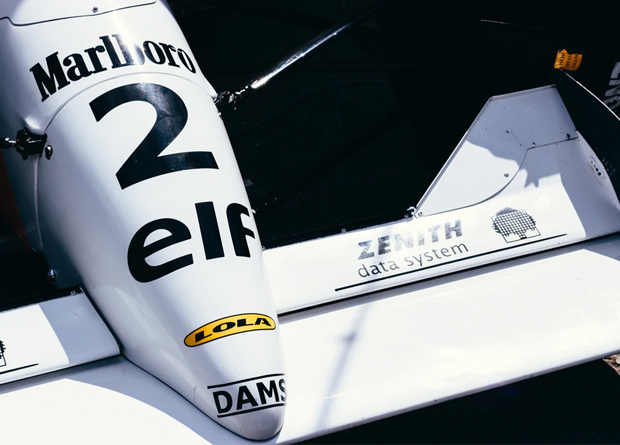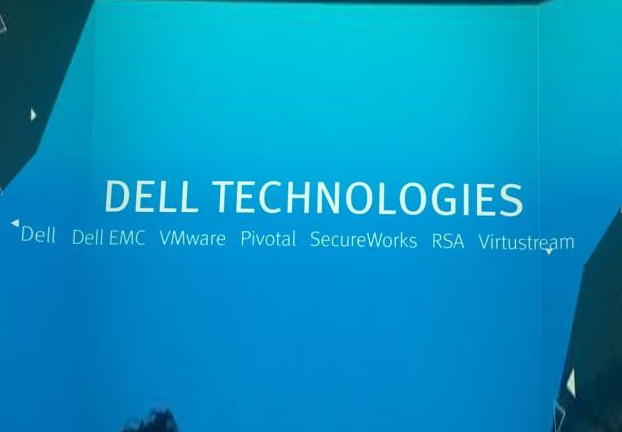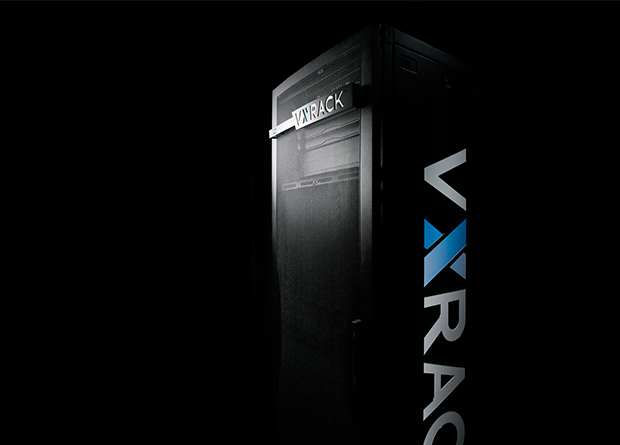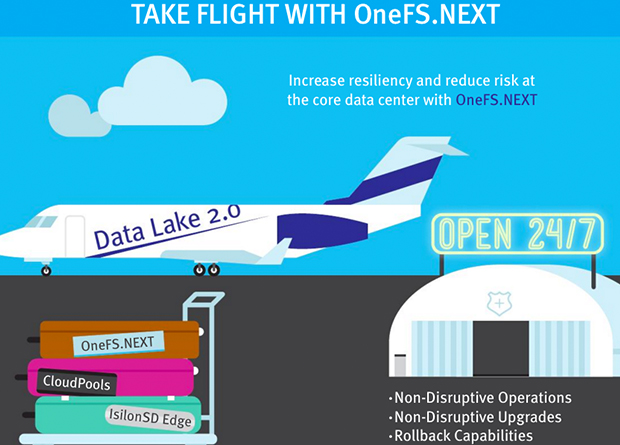Lotus F1 Team and EMC Corporation have announced that they have partnered to create the information technology backbone necessary to underpin the Team’s aspirations for a World Championship in 2015.
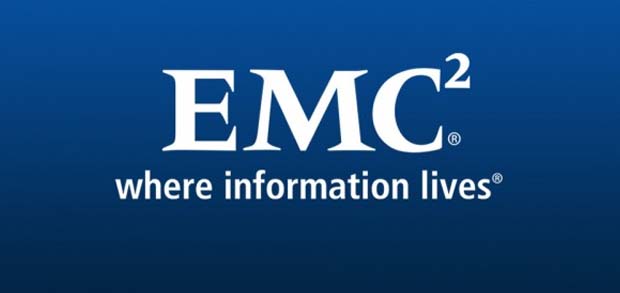
To achieve this goal, Lotus F1 Team must optimize its resources to face the challenges presented by the new 2014 Formula 1 regulations; the most radical design changes since the introduction of the composite monocoque.
Beginning next year, Formula 1’s constructors will be required to switch from normally-aspirated V8 engines to a new breed of more efficient and more powerful hybrid, turbocharged V6 power units, as well as integrating new Energy Recovery System (ERS) technology. The changes will have a significant impact on the cars’ design and engineering, and on engine power, aerodynamics and fuel consumption in particular.
Lotus F1 Team determined that a complete overhaul of its IT infrastructure – both trackside and at its Enstone, UK, headquarters – would be necessary to meet this challenge, while also generating new sources of competitive advantage. The partnership with EMC is being implemented to spearhead the Team’s development program for its 2014 car and will see Lotus F1 Team adopt a range of Private Cloud technologies, enabling more agile and cost-efficient storage, management and protection of information.
The 2014 redesign represents the most significant change in recent Formula 1 racing history. In addition to car design changes, a complex network of more than 200 sensors can generate in excess of 25 megabytes of data per lap for each car. In a sport where hundredths of a second mark the difference between a victor and the rest of the pack, the ability to collect, make readily available in a cloud-like manner and quickly analyze these massive amounts of Big Data has emerged as a key competitive differentiator.
Lotus F1 Team will deploy a VCE Vblock System – integrating best-in-class compute, network, and storage technologies from Cisco, EMC and VMware – at its Enstone data center to underpin the team’s Computer-Aided Design (CAD) program and its Microsoft Dynamics Enterprise Resource Planning (ERP) solution.
EMC will also deploy its EMC Atmos object-based cloud storage platform to store, archive and access Lotus F1 Team’s unstructured content at scale; EMC Data Domain deduplication storage systems to enable fast backup and recovery of the factory’s information estate; and its Cloud Tiering Appliance to ensure the secure and efficient tiering of the Team’s CAD files before they are moved to the cloud – key to reclaiming valuable primary storage space, lower operating costs and reducing backup requirements.
In order to facilitate secure CAD file-sharing and collaboration between the Team and its partners, Lotus F1 Team will also be using EMC’s Syncplicity enterprise file sync and share solution and Documentum Information Rights Management (IRM) technology which tracks and protects documents, messages and attachments while in transit, at rest and after delivery. At the trackside, a second VCE Vblock System, incorporating EMC’s award-winning VNX solution, will be deployed to support the Team’s virtual desktop infrastructure as well as its on-track applications.
As part of a four-year deal, EMC will gain unrivalled access to the GENII Business Exchange platform –Lotus F1 Team’s elite group of IT and Technical Partners –in addition to a range of global hospitality and incentive packages.
According to Patrick Louis, CEO of Lotus F1 Team, “in today’s Formula 1, technology is critical to producing a winning car. If we’re going to do that in 2014 – and ultimately challenge for the World Championship – we need the best IT resources available, and that is why we have chosen EMC. This is another step forwards for Lotus F1 Team as we transform how we deliver our IT services at both Enstone and trackside locations throughout the world. By providing converged infrastructure and cloud-ready technology, EMC will help us accelerate our journey to the cloud – and to success on the track.”
EMC Corporation is a global leader in enabling businesses and service providers to transform their operations and deliver IT as a service. Fundamental to this transformation is cloud computing. The company helps IT departments to store, manage, protect and analyse their information in a more agile, trusted and cost-efficient way.
Additional information about EMC can be found at www.EMC.com.




































































































